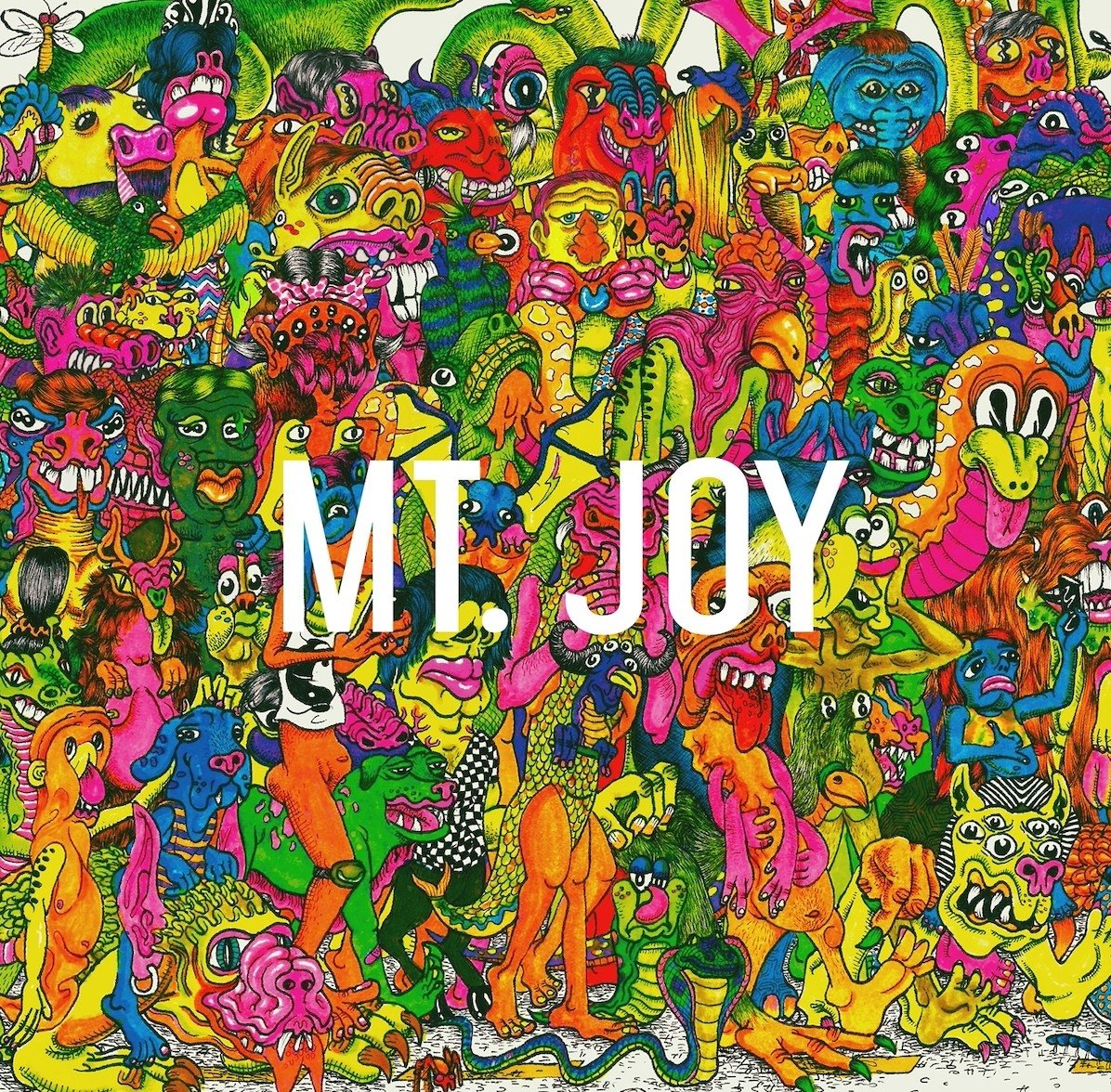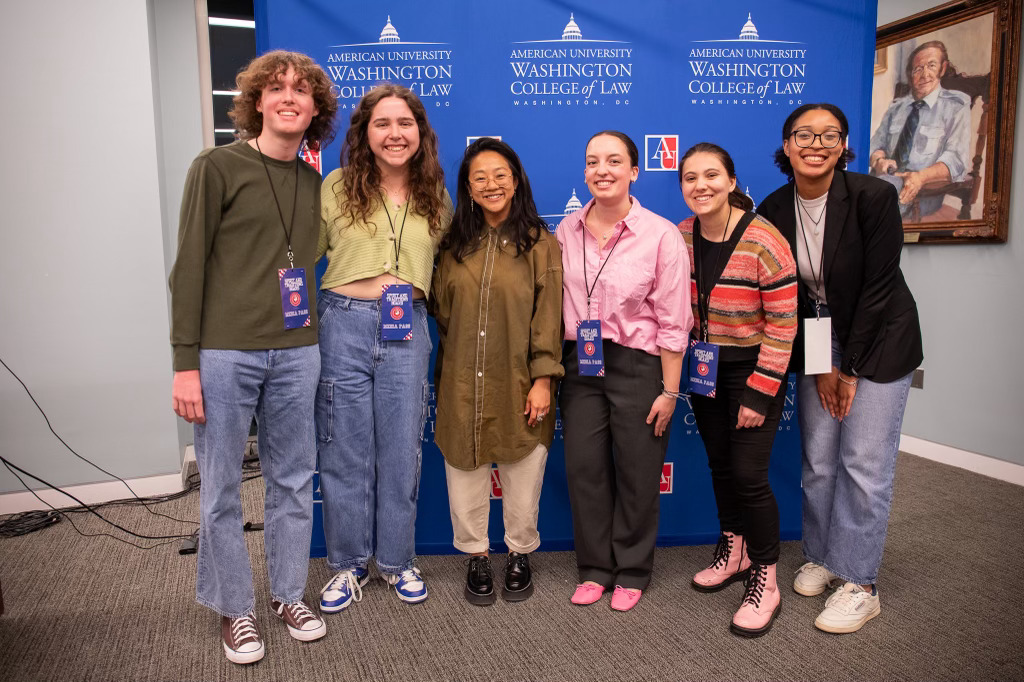Musicians don’t always need to be the voice of a generation
November 16, 2015

Writers block. It’s a hard thing to overcome. It’s quite strange, actually. There is so much to talk about in regards to protest—especially now in regards to the events at Mizzou, Yale, and the scores of other college campuses across the country. I could write about the relationship between xenophobia, Islamophobia, and terrorism in contemporary Europe and the United States. I could write about the new breed of subtle racism that stews on college campuses and in the workplace. Unfortunately (or potentially even lucky for me due to the complex complicated nature of each of those pressing and important social topics) , this column focuses on the relationship between such events, sentiments, emotions passions, and debates—and music. Where is the music in all of this? Is it even the responsibility of a music artist to take such topics and use as material for songs, albums, or potentially even press? I argue no, at least, not necessarily.
Artists must write about what they know. You’ll sense a trend of my appreciation and admiration towards the tactics of Kendrick Lamar—an artist who does not blatantly use social issues as a means to increase his popularity. Instead, he tells it like he sees it, if his lyrics are political, it is not necessarily due to his conscious desire to bepolitical—to incite discussions about race, or to openly criticize for the sake of criticism. No, Kendrick (along with other artists) see the world for what it is, and tell it like it is. What the world is, is sometimes ugly.
Kendrick is just one example that I have alluded to in just about every column of the path of the contemporary music protestor. For it is often when an artist takes it upon them-self to use his or her talent, name, and fame to influence social events that the result can often be backlash. That’s not to say artists shouldn’t speak out, or rather sing out, but that due in large part to the institutional structure of the music industry, they must be weary, they must be cautious. The truth is, musicians are musicians first, and their thoughts, opinions, and criticisms of the world can only be measured from their perspective. If that perspective is political– endogenously political– without blatant attempts to be so, then it is all the more revealing, telling, and even disturbing about our society and its arduous process of social change. Reforms suggested by those not in the community of public policy are often tangential, or even irreducible to efforts to achieve a more just world. Musicians should speak out, but should never have a responsibility or obligation to do so.














